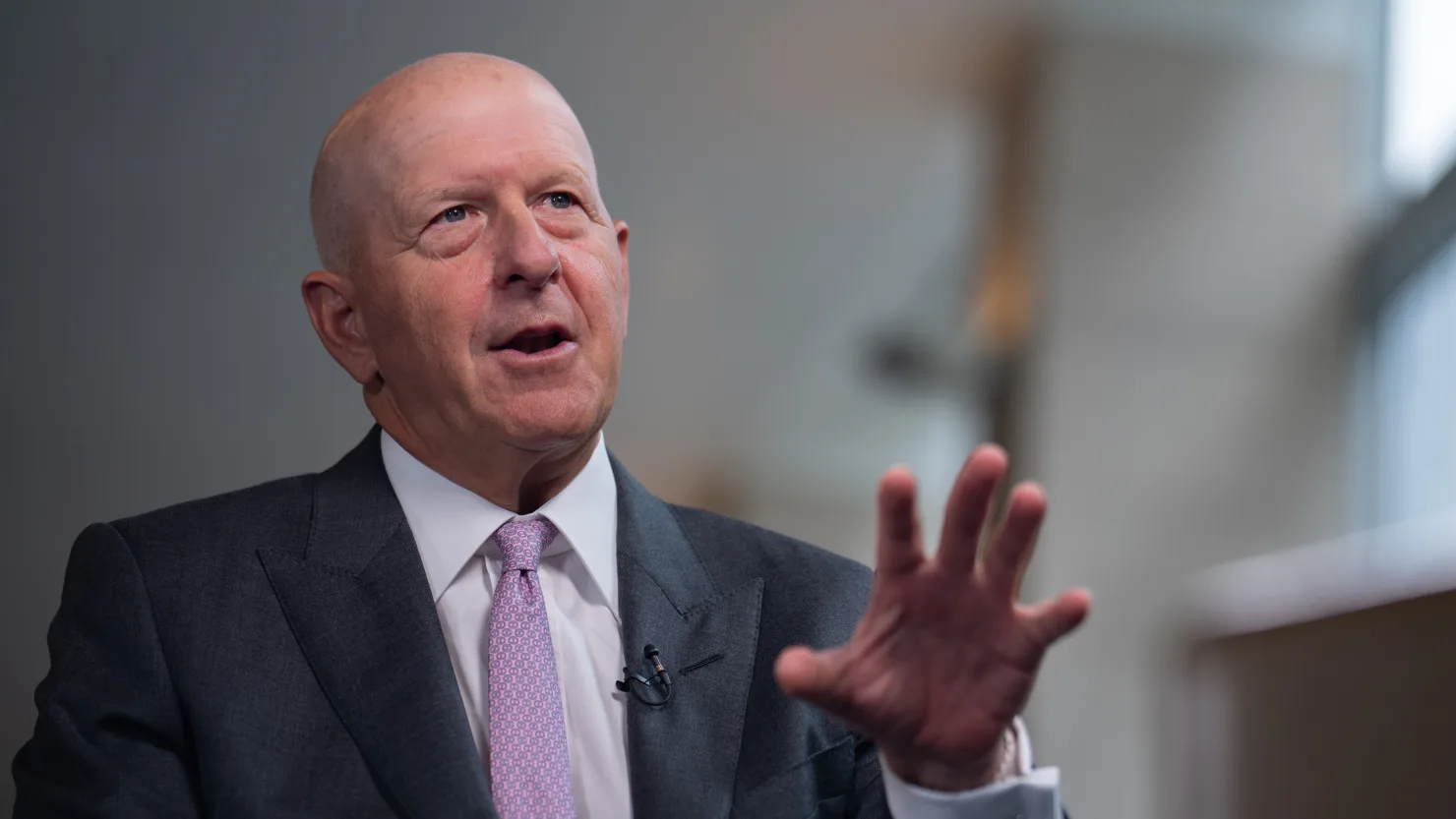Goldman Sachs is set to report a pretax loss of approximately $400 million in its third-quarter earnings as the bank continues to exit its consumer finance operations. CEO David Solomon revealed this during a conference, attributing the loss to the sale of Goldman’s GM Card business and another portfolio of loans. This move is part of Goldman’s broader effort to unwind its consumer ventures, which have proven to be costly and problematic.
The bank’s foray into the consumer market was part of Solomon’s strategic vision to diversify Goldman’s operations. However, the push into retail lending, notably through the Apple Card and GM Card platforms, led to mounting losses and regulatory scrutiny. By late 2022, Goldman began stepping back from its consumer ambitions, leading to a series of write-downs as it sold off pieces of its retail business.
The decision to offload the GM Card platform is part of Goldman’s renewed focus on asset and wealth management, areas that are expected to fuel future growth. Talks of selling the GM Card business to Barclays surfaced earlier this year, signaling Goldman’s intention to completely divest from retail lending and refocus on more profitable and stable ventures.
In addition to the consumer business exit, Solomon also shared that Goldman’s trading revenue for the quarter is expected to decline by 10%. This drop is attributed to difficult year-over-year comparisons and challenging trading conditions, particularly in August when the fixed-income markets faced volatility. Despite this setback, Goldman remains focused on strengthening its wealth management and asset management divisions to compensate for losses in other areas.
The bank’s pivot from consumer operations marks a significant shift in strategy. Goldman initially saw retail lending as a promising avenue for growth, particularly with the Apple Card’s rapid expansion. However, the financial strain and regulatory hurdles proved too great, prompting the firm to recalibrate its priorities.
As Goldman moves away from its consumer banking experiment, it remains to be seen how the shift toward wealth and asset management will impact its long-term growth trajectory. With this $400 million hit to third-quarter revenues, the bank is taking significant steps to close a challenging chapter in its history and refocus on its core strengths.
READ MORE:
